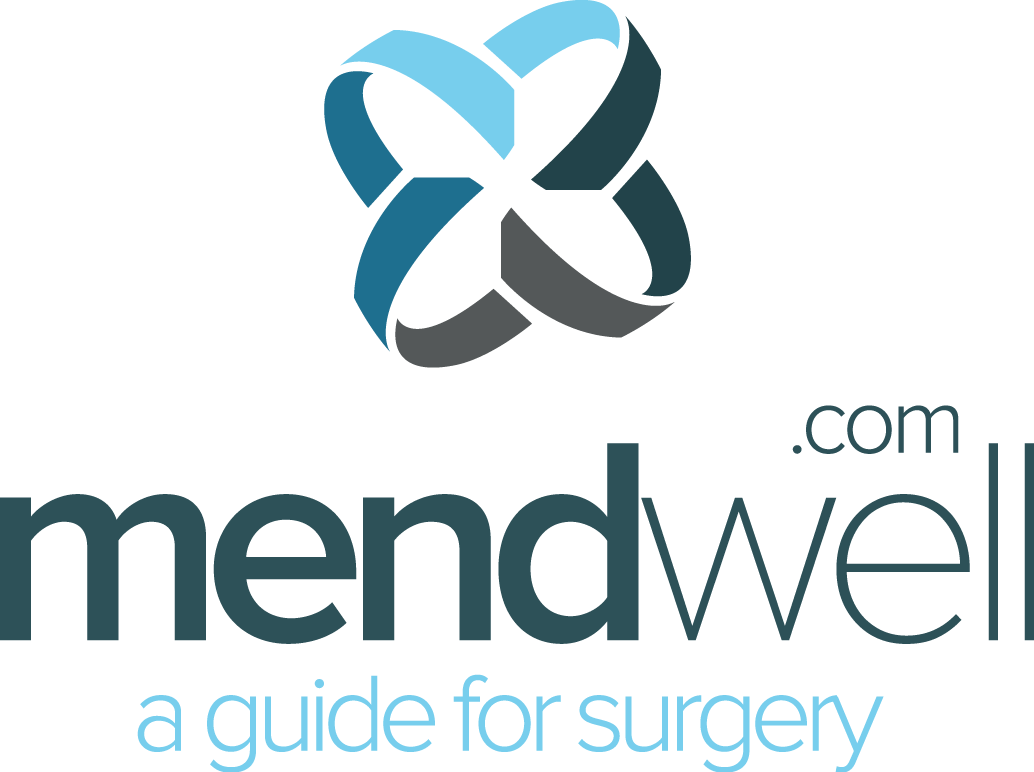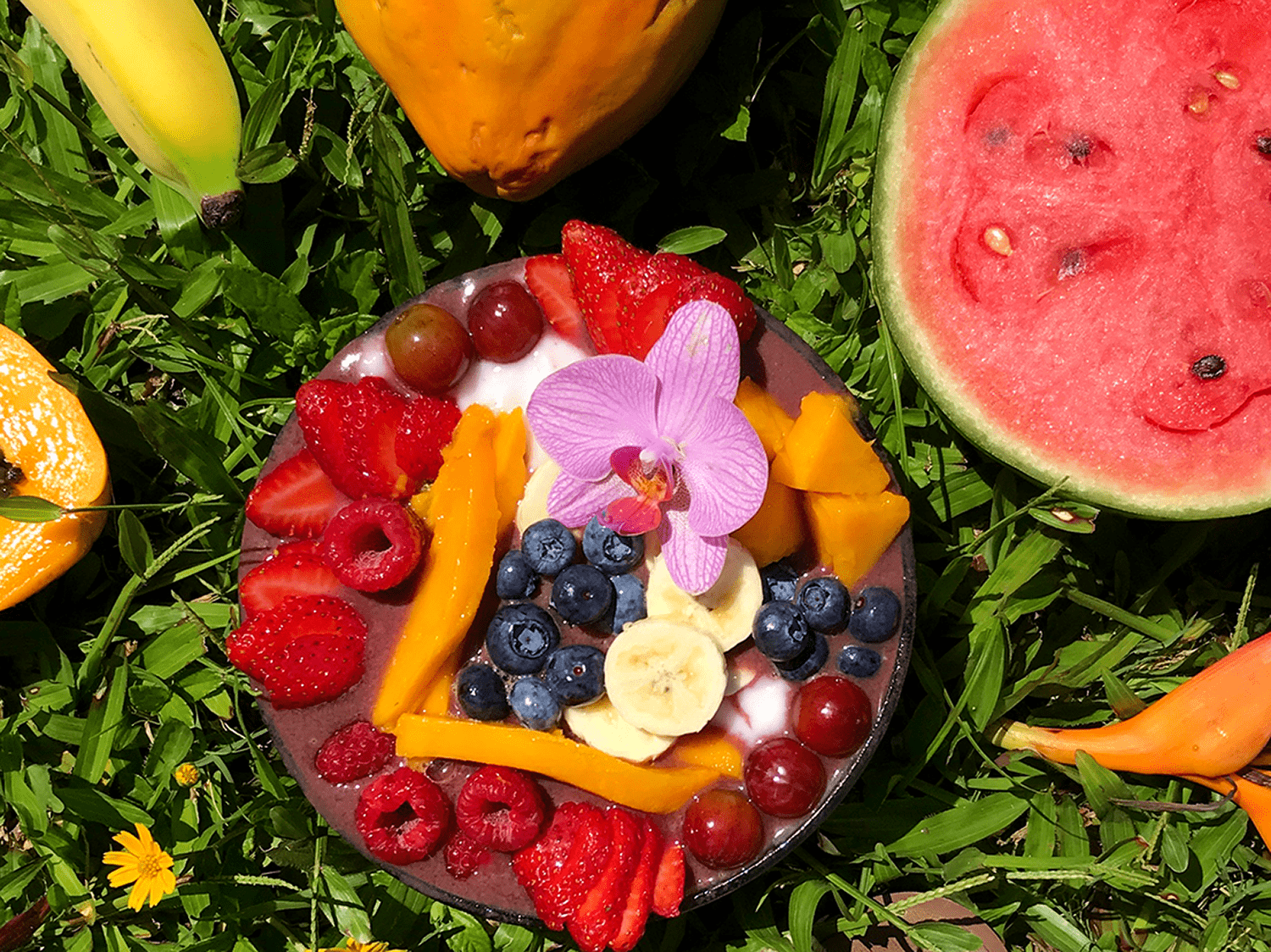A Vegan Weighs In: Trying a Plant Based Diet Before (or After) Surgery
- Over the last several decades, plant-based diets have risen in popularity.
- Vegan diets are not only beneficial for the environment, but they also offer a host of health benefits.
- Transitioning to a vegan diet may take some time to adjust to, but there are a few simple ways to make the switch to plant-based eating a bit easier.
The Plant-Based Diet Phenomenon
If you read the news, browse social media, or eat out just about anywhere these days, chances are you’ve noticed a rapid increase in the popularity of vegan or vegetarian diets. While colorful Instagram posts and mouthwatering Pinterest recipes have made plant-based eating more commonplace, there is also a wealth of science demonstrating the healthfulness of a plant based diet. Clinical research on plant-based nutrition has exploded over the past decade, revealing the benefits of pushing meat aside in both the short and long term. This includes lower levels of blood glucose, a lower body mass index (BMI), and an overall decreased risk of cardiovascular disease.
- Not totally ready to ditch the dairy?
- Wondering if the hospital will have vegan options?
- Not sure how your body reacts to all the new vitamins and minerals it is taking in?
Read on to find out more!
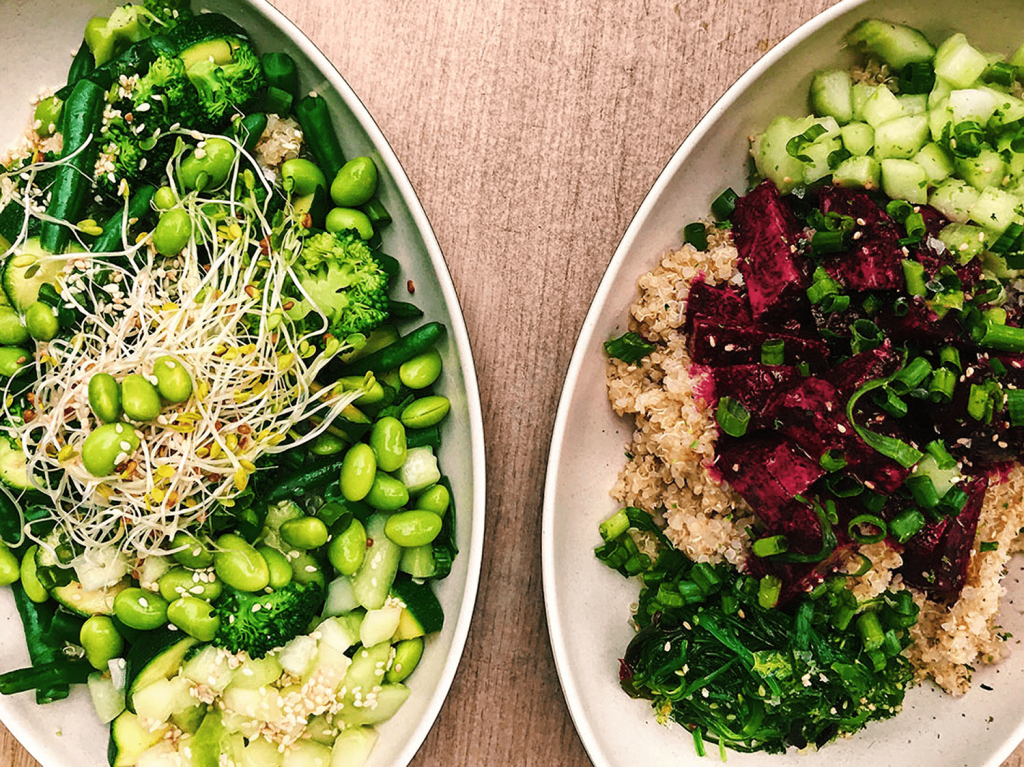
Don’t Dive in the Deep End
We all know that any major lifestyle change can be difficult. Even so, research shows that a departure from your routine (i.e. having surgery) is a good time to develop new or break old habits. Elliot Berkman, the laboratory director of Social and Affective Neuroscience at University of Oregon, says that the mental and physical ability to change our habits is engrained at the neural level. So, breaking standard patterns of behavior is almost always possible with time and persistence.
With that said, it’s okay to take on the change to a more plant-based diet gradually. If you have been eating meat and other animal products for years (or decades), the whole process may seem a bit daunting. To ease the transition, consider doing a “Meatless Monday” or going “Vegan before 6 PM.” This way, you will be able to expose yourself (and maybe your family) to new foods, restaurants, and ideas without letting the diet become overwhelming.
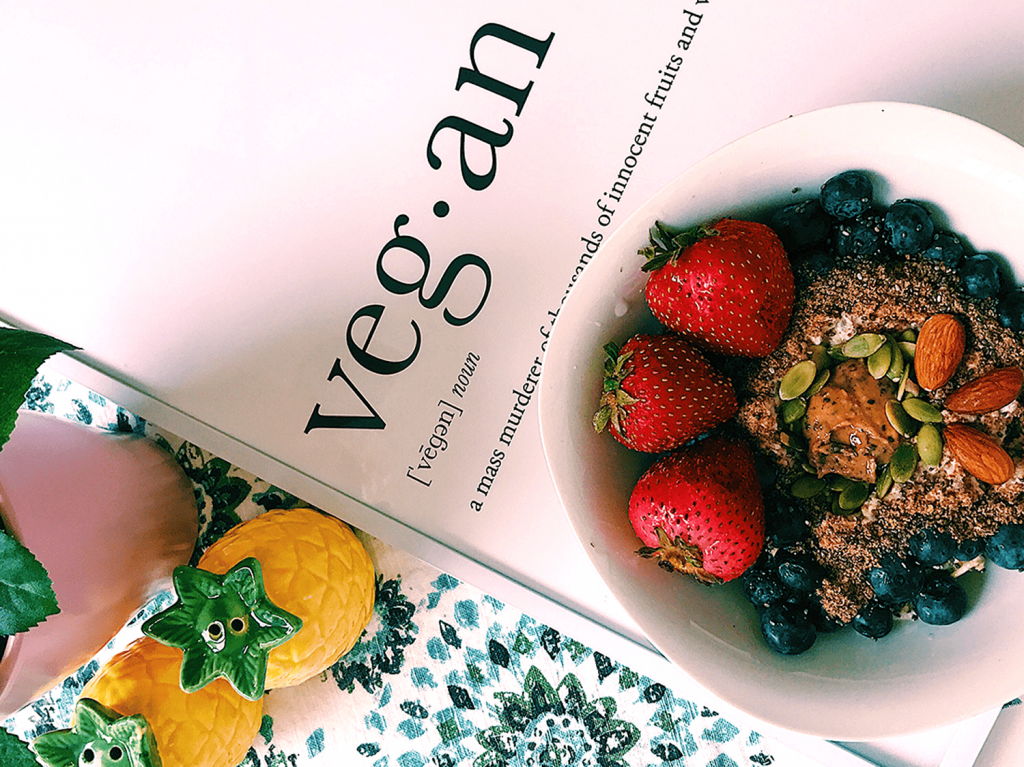
Experiment!
While going fully plant based certainly has long term health benefits, it can also be fun! Allow yourself to experiment with different vegan and vegetarian products. At the beginning, you may want to try substituting one meat item for one plant-based alternative (such as tofu or tempeh) per day. This will help you build more sustainable habits by discovering new products that you like and do not like. Starting with “mock meats” may not be the most nutritious option overall, but think of these products as training wheels! As you get more comfortable with new recipes, cuisines, and styles of cooking, you can gradually transition away from these items and bring in whole foods instead. Try to keep an open mind; don’t shy away from foreign recipes like BBQ Jackfruit Sandwiches or colorful açai bowls.
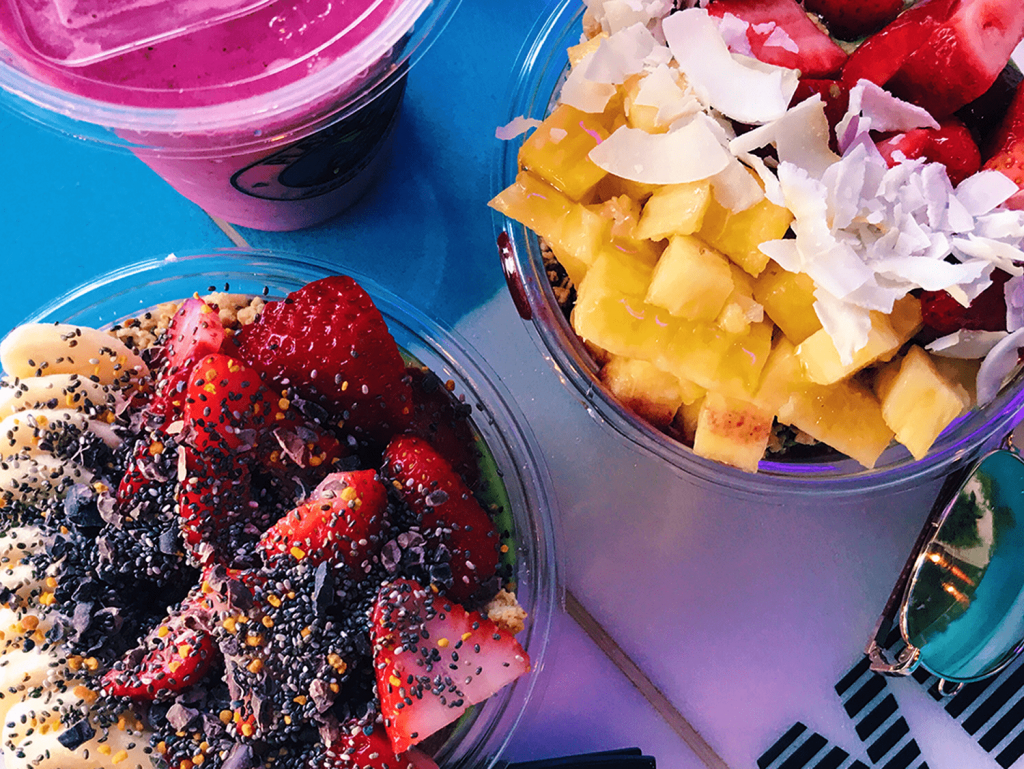
Listen To Your Body
When making the move to a fully plant-based diet, your body might experience some initial fluctuations. If you’re ready to go all-in on the plant-based lifestyle, make sure to pay attention to any new signals your body might be sending you. For example, going on a plant-based diet will likely increase your overall intake of fiber-rich fruits and vegetables. Many of these healthy foods can lead to some mild gastrointestinal discomfort as your body adjusts. Digesting soluble and insoluble plant fiber will also require a greater amount of water to digest in your system, so make sure to take extra care in staying hydrated. And don’t forget to work in healthy sources of protein into your plant-based meals!
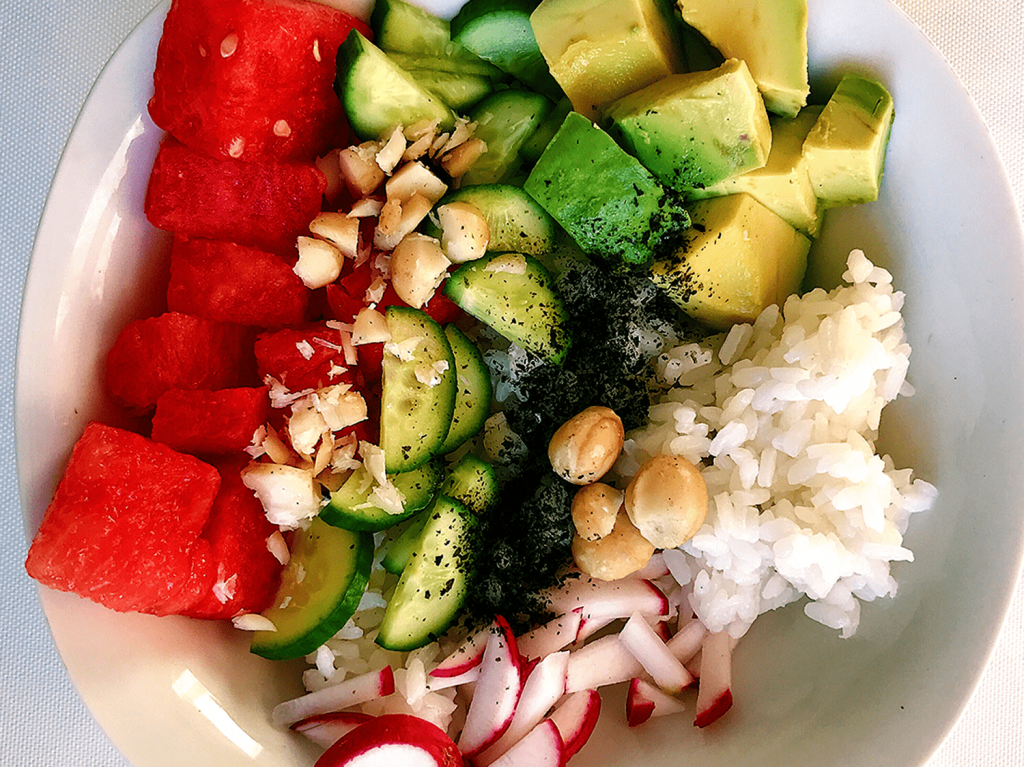
Plan Ahead
According to a report by the Physicians Committee for Responsible Medicine, most hospitals in America have few to no plant-based options being served. Instead, they are stocked with fast food options and less-than-nutritionally-optimal meals. So, ensuring that you can get a balanced, plant-based diet may require some additional planning. Meal prep is a great way to make sure your plates at home and away are colorful, rounded, and full of a variety of vitamins and nutrients. Especially when you may be staying several days or nights in the hospital, having prepackaged Tupperware’s full of nutritious meals and snacks is essential. Calling the hospital to see if they can accommodate a plant-based meal during your stay is also an option.
Ultimately, going plant based is good for your health, animals, and the environment. With so many new vegan and vegetarian products hitting the shelves each year, it is a great moment to give a plant based diet a shot. Whether you’re recovering from surgery or just trying to improve your diet overall, substituting the animal products for more natural, whole foods can benefit almost anyone. Not only can healthy eating habits help you recover faster, but it might also keep you from returning to the hospital anytime soon!
